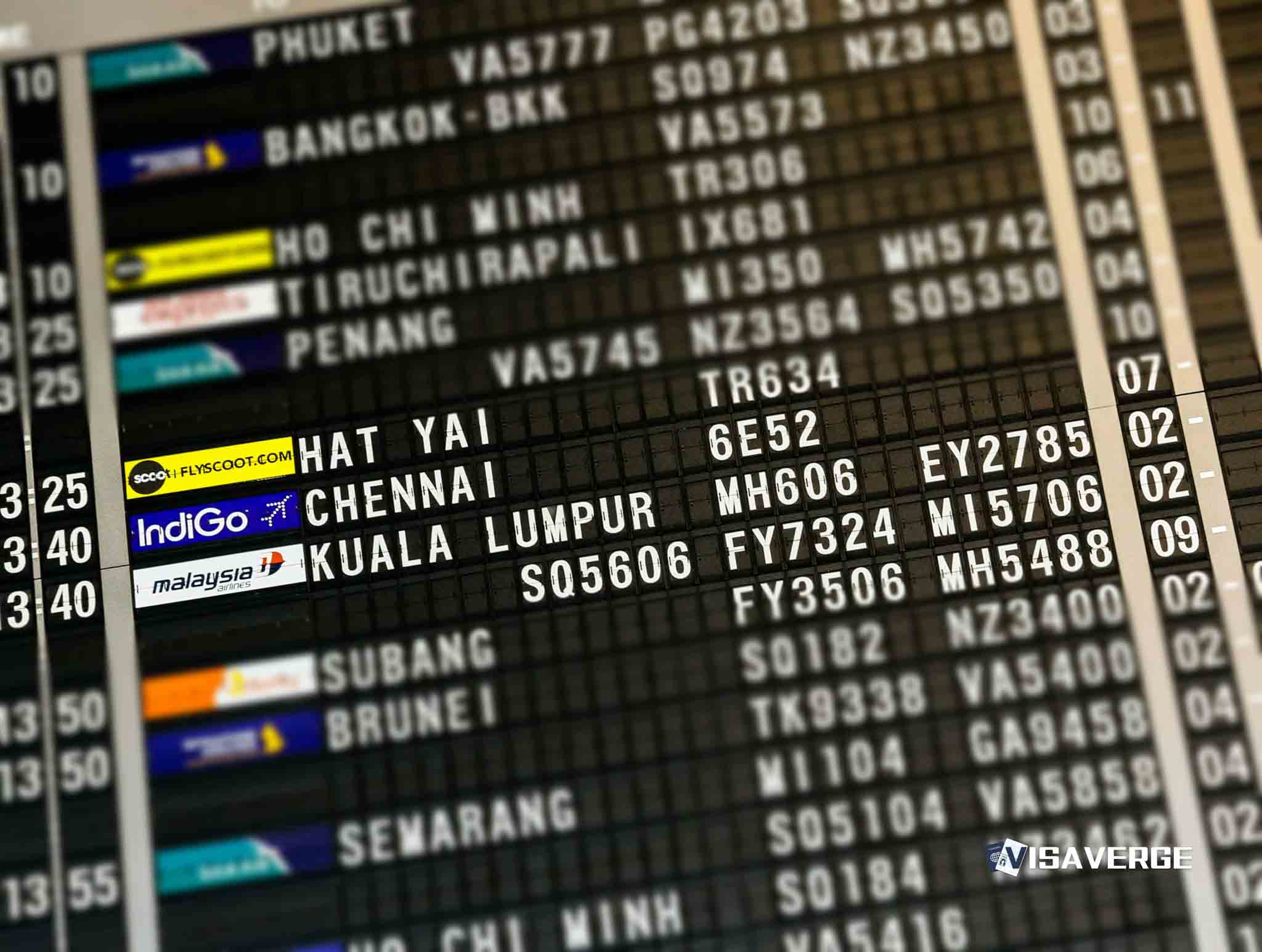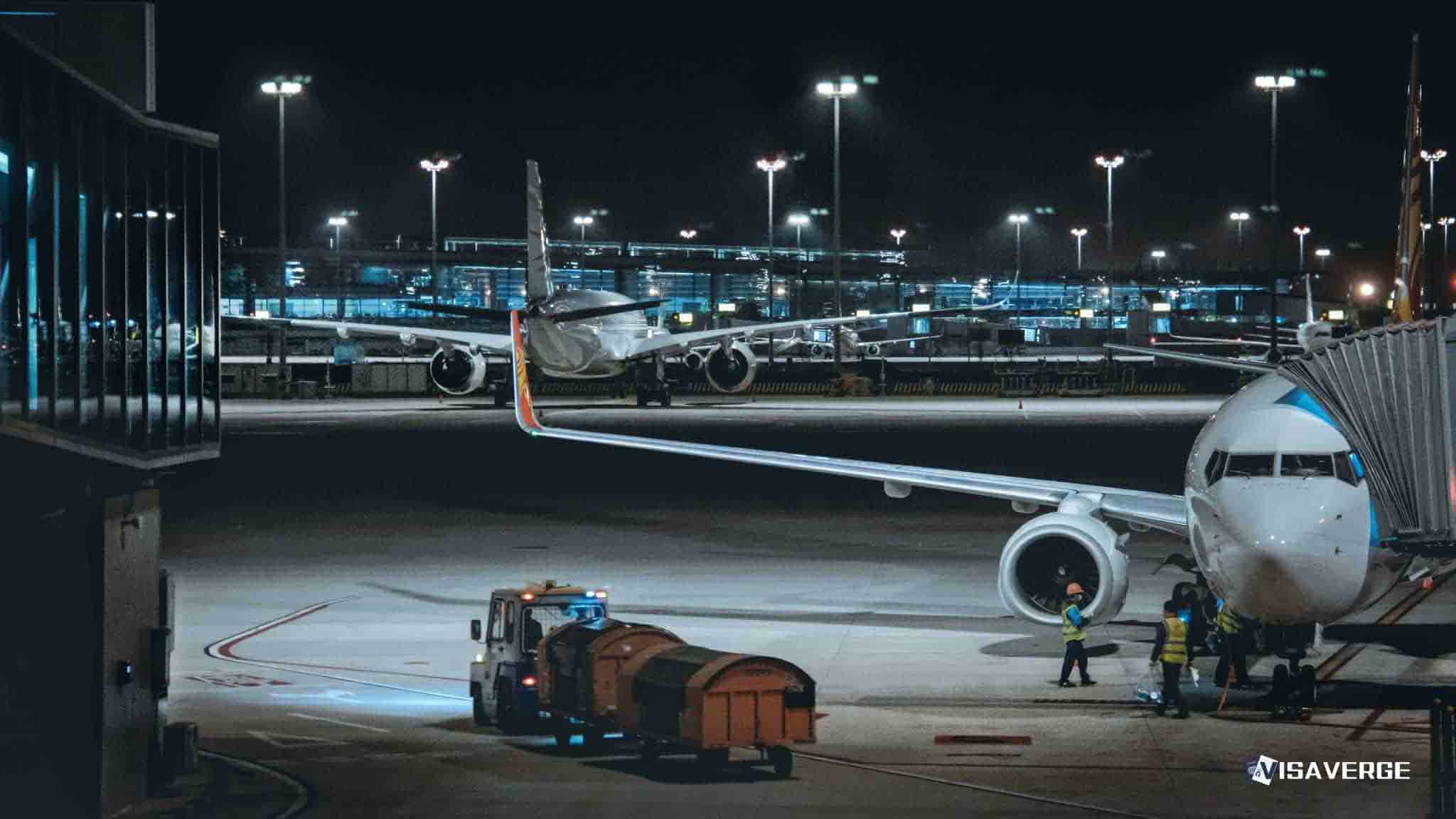Key Takeaways:
- “OW” on a traffic ticket typically indicates operating violations like intoxication, suspended license, or disqualification.
- Common “OW” violations include Operating While Intoxicated (OWI), Suspended (OWS), or Disqualified (OWD).
- Penalties for “OW” violations involve demerit points, fines, license suspension, and possible imprisonment.
What Does “OW” Mean on a Traffic Ticket?
The abbreviation “OW” on a traffic ticket can be confusing, as it can refer to different violations depending on the context and jurisdiction. Here are the most common interpretations and detailed explanations of what “OW” might signify.

What Are “Operating While” (OW) Violations?
In many regions, “OW” is used as a prefix for various traffic violations related to operating a vehicle under specific conditions. Here are some examples of “OW” violations:
- Operating While Intoxicated (OWI): This abbreviation is commonly used to refer to driving a vehicle under the influence of alcohol or controlled substances. It’s a serious violation that can result in significant penalties such as fines, license suspension, or even jail time.
-
Operating While Suspended (OWS): This violation occurs when an individual drives while their driver’s license is suspended. Consequences can include further suspension of the license, fines, and sometimes imprisonment.
-
Operating While Disqualified (OWD): This applies to individuals who drive while disqualified due to previous serious traffic violations or criminal offenses. It can carry severe penalties similar to driving with a suspended license.
Could “OW” Indicate a Specific Traffic Violation?
In certain jurisdictions, “OW” might be part of a specific traffic violation code. For instance:
- Driving Against Traffic on a One-Way Street (OW): In some places, “OW” can refer to driving against the flow of traffic on a one-way street. This is categorized as a serious traffic offense because it poses significant risks to other road users.
What Are the Points and Penalties for “OW” Violations?
The consequences of “OW” violations can be severe, including demerit points on the license, fines, and imprisonment. Let’s explore the penalties associated with different “OW” violations:
Penalties for OWI (Operating While Intoxicated):
- Points: Typically, 6 or more demerit points can be added to your driver’s license.
- Fines: Substantial fines are often imposed, especially for repeated offenses.
- License Suspension: An immediate suspension of the driver’s license is common.
- Imprisonment: There is a possibility of jail time, particularly for repeat offenders or if the offense causes injury or death.
Penalties for OWS (Operating While Suspended):
- Points: Usually, around 3 demerit points are added to the driver’s license.
- Fines: Significant fines are imposed for this offense.
- Extended Suspension: Further suspension of the driver’s license may occur.
- Imprisonment: Repeat offenses can lead to incarceration.
Penalties for OWD (Operating While Disqualified):
- Points and Consequences: These can be akin to those for OWS, but penalties might be harsher, especially if the disqualification results from severe prior offenses.
Conclusion
In summary, “OW” on a traffic ticket generally indicates violations involving the operation of a vehicle under prohibited conditions such as intoxication, suspension, or disqualification. As per VisaVerge.com, understanding the exact local context and traffic laws can help in accurately interpreting and addressing these violations.
To avoid legal troubles, it is essential to familiarize yourself with your local traffic regulations. For official and detailed information on traffic laws and penalties in your jurisdiction, you can visit the government’s official site.
Understanding what “OW” signifies on your ticket is pivotal as it could pertain to a major traffic violation, leading to substantial legal consequences. Taking swift and informed action based on your local traffic laws can help in mitigating the penalties associated with these violations.
Learn Today:
Glossary of Immigration-Related Terms
- Operating While Intoxicated (OWI): Refers to the criminal offense of driving a vehicle under the influence of alcohol or controlled substances. Penalties for OWI can include fines, license suspension, and imprisonment.
- Operating While Suspended (OWS): This offense occurs when an individual drives a vehicle while their driver’s license is suspended. Consequences can include further license suspension, fines, and possible jail time.
- Operating While Disqualified (OWD): This refers to the act of driving a vehicle while being legally disqualified from doing so due to previous serious traffic violations or criminal offenses. Penalties may include severe fines, additional license suspension, and imprisonment.
- Demerit Points: Points added to a driver’s license as a penalty for traffic violations. Accumulating too many demerit points within a certain period can result in further penalties, such as license suspension.
- Contraflow (Driving Against Traffic on a One-Way Street): An offense where a driver travels in the opposite direction on a one-way street, which is particularly dangerous and carries severe penalties due to the high risk it poses to other road users.
This Article In A Nutshell:
“OW” on a traffic ticket typically stands for “Operating While,” referring to violations like Operating While Intoxicated (OWI), Operating While Suspended (OWS), or Operating While Disqualified (OWD). Check local laws to understand specific implications, as “OW” can carry severe penalties, including fines and license suspension.
— By VisaVerge.com
Disclaimer: The information provided in this article is for informational purposes only. If you reference or use any content from this article, please attribute it to VisaVerge.com by including a link to the original source. We appreciate your adherence to our content usage policies and your commitment to giving proper credit.







